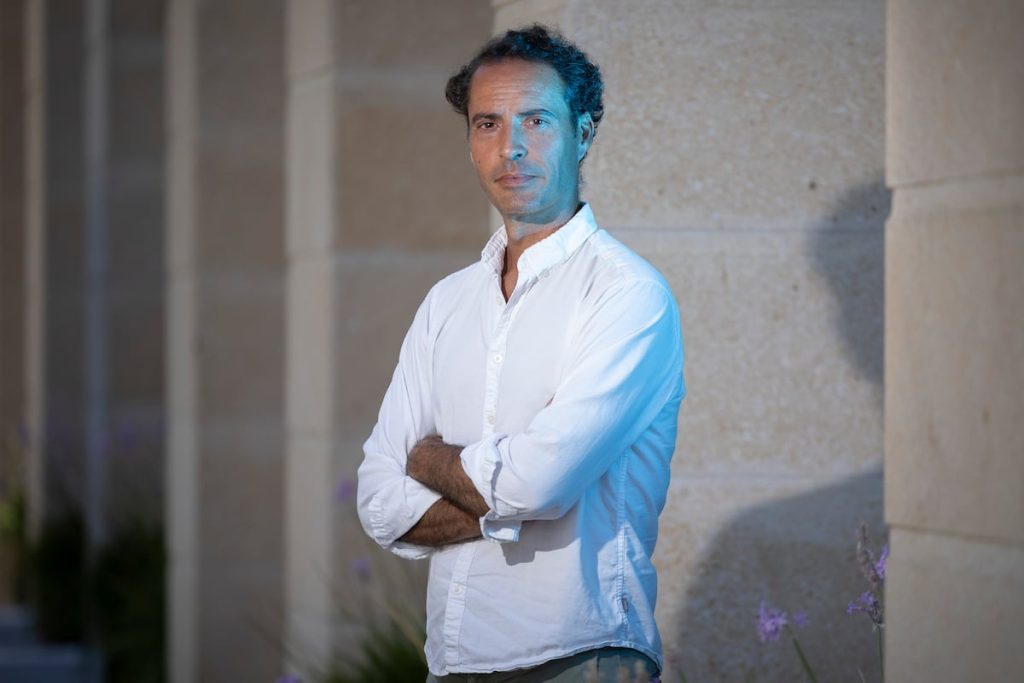Javier Colomina, a Spanish diplomat, has been appointed as the NATO Special Representative for the Southern Neighborhood, a newly created position aimed at addressing the wide range of instability from Iraq to the Sahel. Colomina believes that his appointment is a unique opportunity for NATO to address the explosive situation in its southern flank, although he is cautious and avoids controversy with Italian Defense Minister, Guido Crosetto, who accused Secretary-General Jens Stoltenberg of “betrayal” for choosing a Spanish diplomat instead of an Italian. Colomina’s main focus will be on strengthening cooperation and dialogue with southern countries, incorporating the southern region into NATO’s priorities, and pushing for progress in the region.
NATO’s main priority continues to be the East, especially with the recent addition of Sweden and Finland. Colomina acknowledges this but emphasizes the importance of also addressing the threats in the South, such as terrorism, which require a more complex response. He believes that NATO, along with other entities, must contribute to a strategy that goes beyond just military measures and includes development cooperation and socio-economic measures. While the region faces significant challenges, Colomina sees an opportunity for progress and emphasizes the importance of NATO’s willingness and plan to address these challenges.
The issue of double standards has been raised by southern countries, particularly regarding NATO’s response to conflicts in Gaza and Ukraine. Colomina explains that while NATO has called for proportionality and adherence to international law in both cases, some countries in the southern region perceive a double standard in NATO’s response. Colomina aims to address these concerns and explain the limitations of NATO’s political position on the Middle East. He also highlights the efforts being made by NATO, including the upcoming opening of the first NATO office in the South in Jordan.
Iraq has requested the withdrawal of the international coalition led by the United States, but not the NATO mission. The NATO mission in Iraq focuses on advisory support, while the coalition against Daesh involves combat operations. Colomina sees the success of NATO’s mission in Iraq as a potential model for other regions, such as the Sahel. He acknowledges the challenges in working with southern countries, particularly in responding to military coups, but emphasizes the need for continued cooperation and support for these countries.
The Sahel region has become a key area of concern, with Russia and China increasing their presence in the region. Colomina acknowledges the complexity of the situation in the Sahel and emphasizes the need for collaboration with regional organizations like the African Union. He sees the potential for NATO to play a role in complementing the efforts of the EU and bilateral partners in addressing the security challenges in the region. Colomina also stresses the importance of working with countries in the region to address specific challenges and avoid a one-size-fits-all approach.
Overall, Colomina’s appointment as NATO Special Representative for the Southern Neighborhood represents a significant step in addressing the instability and security challenges in the southern flank of the Alliance. While NATO’s main focus remains on the East, Colomina highlights the importance of addressing the threats in the South, such as terrorism and conflict, through a comprehensive and collaborative approach. By engaging with southern countries, regional organizations, and other partners, NATO can play a significant role in addressing the complex security challenges in the Southern Neighborhood.


